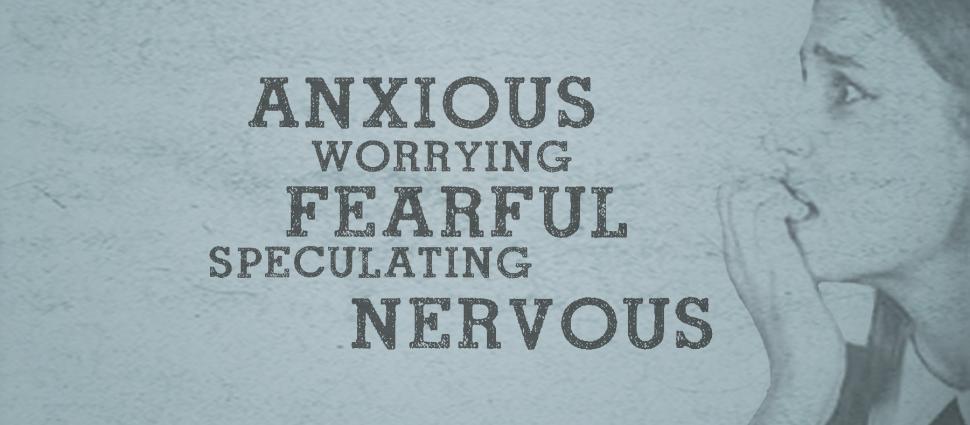Weapons in the Fight Against Anxiety and Fear

A two-year-old will never obsess about world economies. A three-year-old will never ask for lectures on totalitarian regimes. It is beyond them. If you think otherwise, just try and lecture them about it. They won’t pay attention. Their tiny minds can’t be filled with such thoughts. There is a benefit to their limited capacity. At that age, they will never worry about failed economies, stock market downturns, or corrupt elections. Some anxieties, fears, worries, and even desires escape them. There is a lesson for Christian adults in this.
In Psalm 131:1, David says, “I do not occupy myself with things too great and too marvelous for me.” Most of us would benefit from such a frame of mind. We would experience less sleepless nights, obsessing over things beyond our reach creating anxieties about tomorrow. David is not dismissing the benefits of growing in knowledge or understanding. Rather, what David has in mind are things that lie outside his purview and sphere of responsibility. Some things remain too great and too marvelous for him, because they were not meant for him to know and understand.
The desire to know why things are happening in our life and even more so to control things in our life is one of the greatest killers of contentment. It also proves to be one of the greatest engines of anxiety.
We can save ourselves a lot of heartache if we would put into practice what David had learned. There are things that we are meant to leave to God if we would dwell in contentment. We possess finite minds, limited perspective, and true inability. We cannot grasp everything. We weren’t meant to—some things are too great and too marvelous for us.
Little children model this well. I love their small inquisitive minds and equally love that if they can’t understand a conversation they quickly move on. I sat at the dinner table with my family this past week and I began discoursing on what I thought was a very helpful and erudite commentary on a locus of theology. After demonstrating its intricacies and importance, I paused to see if everyone was tracking with my monologue. One of my children breached the silence and said, “Daddy, this chicken is good. What is for dessert?” Whatever I was talking about was too great for that child’s brain and he wasn’t going to be occupied with it.
We can save ourselves a lot of heartache, unnecessary anxiety, tossing and turning upon our beds by recognizing that some things remain too great and too marvelous for us. I can’t explain everything. God never intended me to do so.
Job is reminded of this after his inquiries. How could these things happen in this believer’s life? What benefit do such trial provide? Some are frustrated by God’s response at the end of this book, because the response is less than direct. God replies with a litany of questions. Here is a short sample: “Where were you when I laid the foundation of the earth? Tell me, if you have understanding.” Who determined its measurements—surely you know! Or who shut in the sea with doors? Have you commanded the morning? Where is the way to the dwelling of light and where is the place of darkness? Do you know the ordinances of heaven? Can you establish their rule? Can you send forth lightnings? Can you hunt prey for the lion or satisfy the appetite of young lions?” The Lord places marvelous question after marvelous question before Job. What was Job’s response? He is struck with the fact that God knows all these great things and he is not God. “Behold, I am of small account,” he answers the Lord. “I lay my hand on my mouth.” Too great for me. I leave it in your hands.
Christian, we do not have answers for all the happenings in this life. Somethings remain outside our sphere of comprehension and necessarily outside our sphere of responsibility. We serve a God who reigns over all. He can be trusted; He can be relied upon. There are times we just need to quiet our minds and rest in Him. When we do, we will find that many of our anxieties, worries, and fears quickly disappear.





